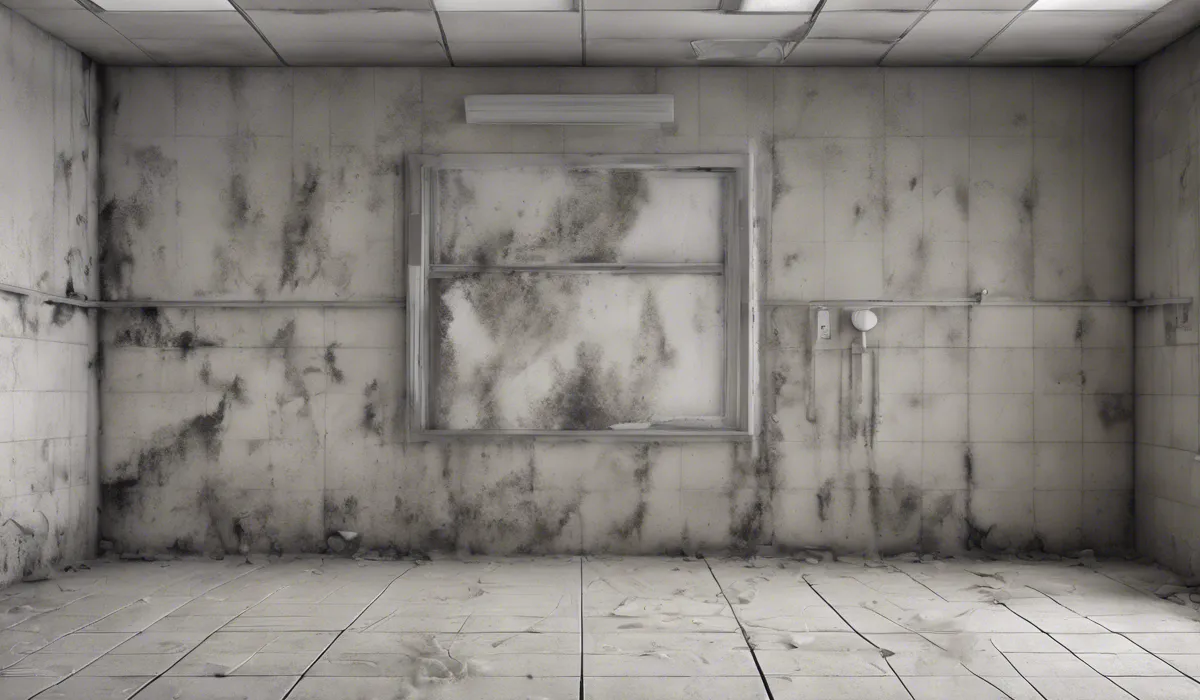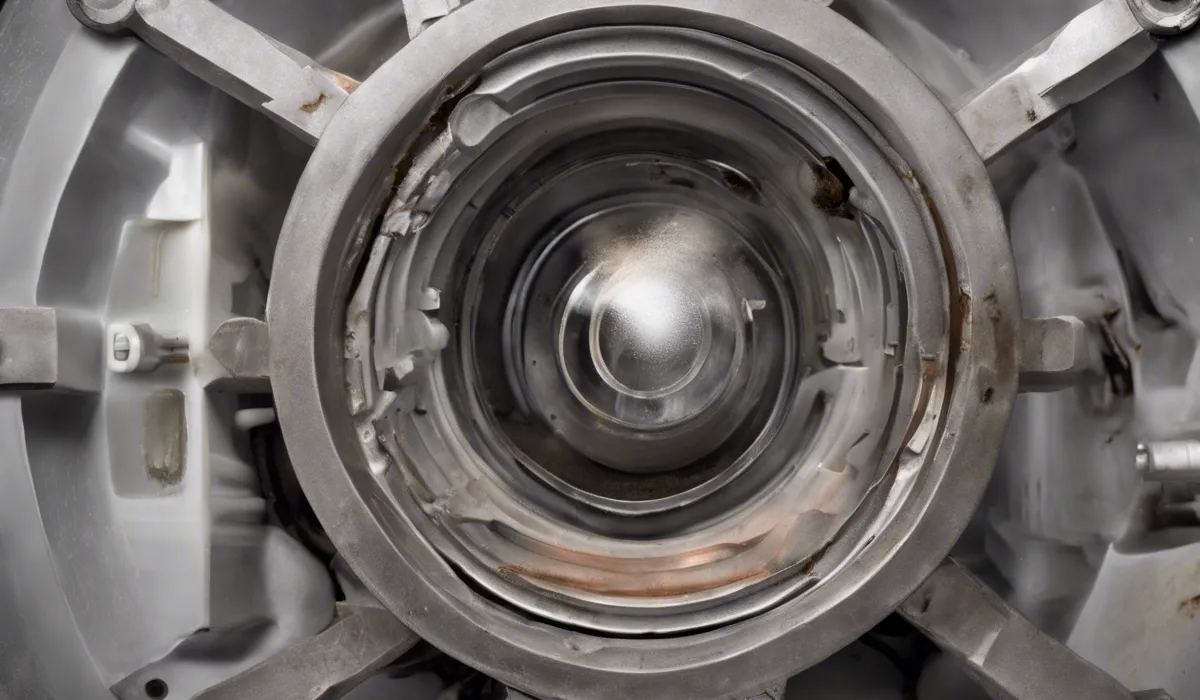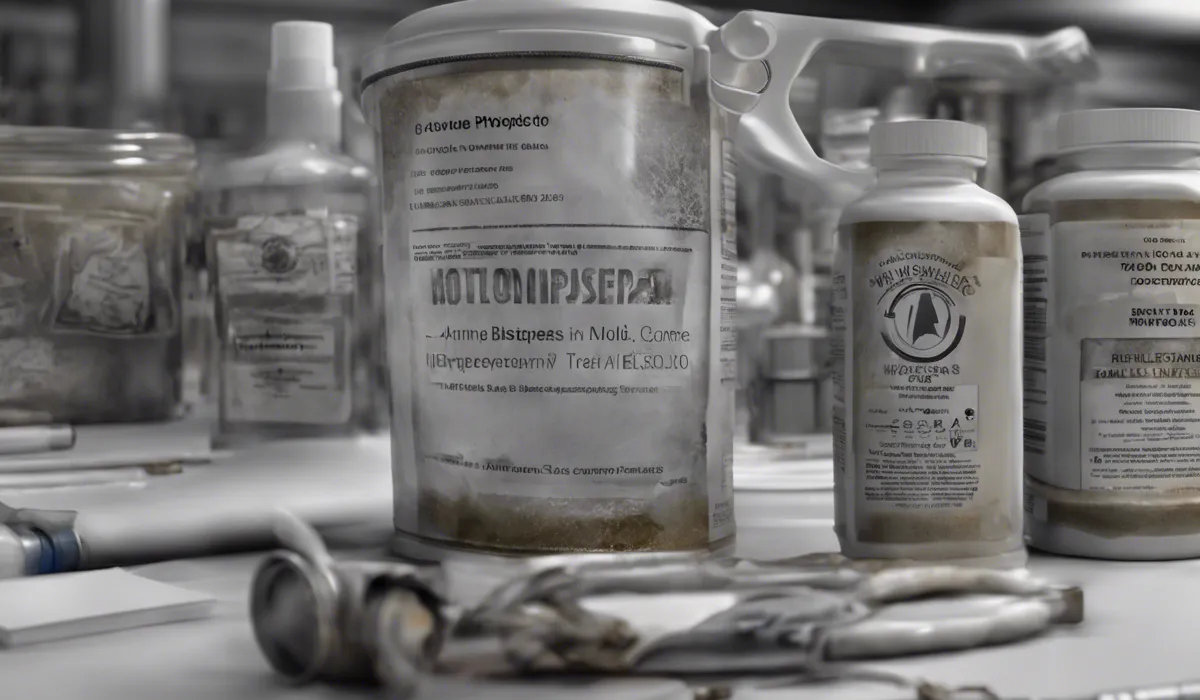To become a mold inspector in Texas, complete an accredited mold training course, apply for a Mold Assessment Technician license, pass the state exam, and submit proof of insurance. Renew the license annually with continuing education.
Understanding Texas Regulations for Mold Inspectors

Overview of Texas Mold Inspection Industry
The mold inspection industry in Texas is a critical component of the state’s public health and safety framework.
Mold inspectors play a vital role in identifying and mitigating mold-related issues in homes and buildings, which can cause health problems if left unchecked.
The state has established specific regulations to ensure that individuals performing mold assessments are qualified and adhere to professional standards.
Licensing Requirements and Regulatory Bodies
In Texas, individuals who wish to conduct mold inspections must obtain a license from the Texas Department of Licensing and Regulation (TDLR).
There are two primary types of licenses available: the Mold Assessment Technician License and the Mold Assessment Consultant License.
Each license has specific requirements regarding education, training, and experience. The TDLR is the main regulatory body overseeing the licensure and practice of mold inspectors in the state.
Importance of Staying Updated with Texas Department of Licensing and Regulation (TDLR)
Staying current with the TDLR’s regulations and guidelines is essential for mold inspectors.
The TDLR updates its rules and requirements periodically to reflect the latest industry standards and best practices.
Mold inspectors must ensure they comply with these updates to maintain their license and provide the best service to their clients.
Regularly visiting the TDLR website or subscribing to updates can help professionals stay informed.
Educational and Training Requirements

Minimum Educational Qualifications Needed
To become a licensed mold inspector in Texas, candidates must meet certain educational criteria.
While a high school diploma or GED is typically the baseline requirement, additional education in a relevant field such as environmental science or building construction can be beneficial.
The TDLR outlines specific educational pathways that aspiring mold inspectors can follow to qualify for licensure.
Recommended Mold Inspection Courses and Certifications
Completing an accredited mold training course is a key step in becoming a mold inspector.
These courses cover topics such as mold biology, moisture control, health effects, and inspection procedures.
Certifications from recognized organizations can also enhance a mold inspector’s credentials and expertise.
Candidates should look for courses that are approved by the TDLR to ensure they meet the regulatory standards.
Hands-on Training Opportunities and Apprenticeships
Practical experience is invaluable in the mold inspection industry. Hands-on training allows individuals to apply their knowledge in real-world situations under the supervision of experienced professionals.
Apprenticeships or internships with established mold inspection companies can provide this on-the-job training, which can be crucial for building a successful career in the field.
Certification and Business Setup

Steps to Obtain the Mold Assessment Technician License or Mold Assessment Consultant License
Obtaining a license to become a mold inspector in Texas involves several steps. The first step is to complete the required training or education.
Afterward, candidates must apply for the relevant license with the TDLR, providing proof of their training and any other required documentation. Once the application is approved, candidates are eligible to take the state exam.
Examination Process and Continuing Education
The state exam for mold inspectors assesses the candidate’s knowledge and understanding of mold assessment and remediation.
Passing the exam is a requisite for obtaining a license. Additionally, licensed mold inspectors must complete continuing education each year to renew their license.
This education ensures that inspectors stay up-to-date with industry changes and continue to provide high-quality services.
Starting Your Own Mold Inspection Business in Texas
Starting a mold inspection business requires careful planning and adherence to Texas regulations.
Inspectors must obtain insurance to protect against liability and ensure they have all the necessary tools and equipment to perform inspections effectively.
Developing a solid marketing strategy is also crucial for attracting clients and establishing a reputable presence in the industry.
Insurance, Tools, and Marketing Strategies
Professional liability insurance is critical for mold inspectors to cover potential claims arising from their work.
They must also invest in tools such as moisture meters, thermal imaging cameras, and sampling equipment.
Effective marketing strategies might include creating a professional website, networking with industry professionals, and leveraging social media to reach potential clients.
FAQs About Becoming a Mold Inspector in Texas
What are the first steps to become a mold inspector in Texas?
To begin, you must complete an accredited mold training course specifically designed for Texas regulations.
How do I obtain a Mold Assessment Technician license in Texas?
After finishing the training course, apply for the license with the Texas Department of Licensing and Regulation, pass the state exam, and submit proof of insurance.
Is there an exam requirement for Texas mold inspectors?
Yes, you must pass a state-administered exam to become a licensed mold inspector in Texas.
What type of insurance is required to become a mold inspector in Texas?
You need to provide proof of liability insurance as part of the licensing process.
How often do I need to renew my Texas mold inspector license?
The Mold Assessment Technician license must be renewed annually, which includes completing continuing education requirements.
Final Thoughts
To become a mold inspector in Texas, one must complete an accredited mold training course, apply for and obtain a Mold Assessment Technician license, successfully pass the state examination, and provide proof of adequate insurance.
License renewal is required annually and mandates the completion of continuing education to maintain active status.
